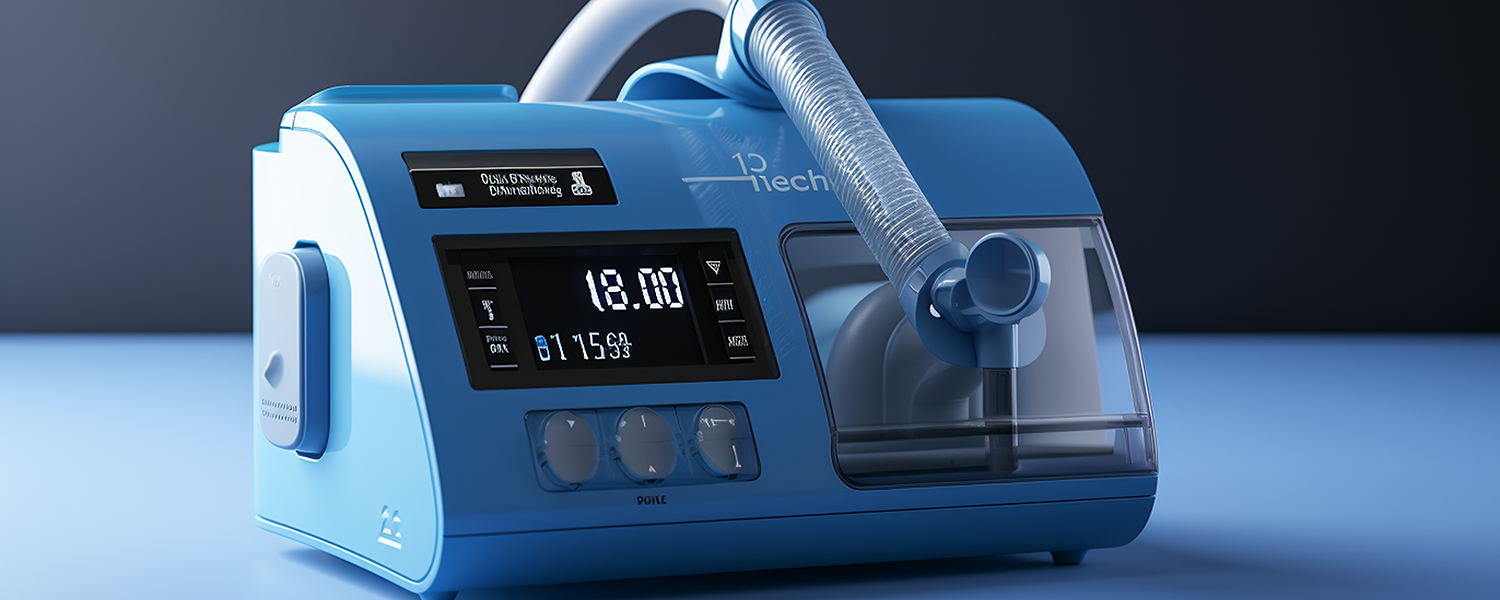Philips Barred from New CPAP Sales in the U.S.
Philips Barred from New CPAP Sales in the U.S.

Introduction
A federal judge has sanctioned a consent decree prohibiting Philips Respironics from producing and distributing CPAP and BiPAP machines at its U.S. plants until the company meets specific criteria established by federal regulators in response to the mishandling of a substantial Philips CPAP recall initiated in 2021.
The manufacturer has drawn significant criticism for marketing millions of devices containing a hazardous sound abatement foam that degrades over time, releasing small black particles and chemicals directly into the machine's air pathways.
Over the past couple of years, thousands of lawsuits against Philips CPAP machines have been filed by former users who suffered severe lung damage, respiratory issues, and other injuries. Additionally, the FDA has identified serious flaws in the company's recall and repair program, exacerbating the risks faced by machine owners.
Due to the serious health risks posed by breathing in the Philips CPAP foam, federal health officials advised consumers to discontinue using their machines unless necessary for life-supporting treatment. More than two years later, concerns persist about Philips' handling of the recall, prompting the manufacturer to agree to halt sales of all its CPAP and breathing machine devices in the U.S. late last year.
On April 9, a U.S. District Judge in the Western District of Pennsylvania approved a consent decree between Philips and the U.S. Food and Drug Administration (FDA), preventing the company from manufacturing or distributing CPAP and BiPAP devices from facilities in Pennsylvania and California until demonstrating compliance with accepted manufacturing standards and a remediation plan to repair or replace the recalled devices with safe alternatives.
The decree follows a complaint filed on April 4 by the FDA and U.S. Department of Justice prosecutors, alleging Philips violated the Food, Drug, and Cosmetic Act (FDCA) by manufacturing medical devices under conditions failing to comply with the FDCA and current Good Manufacturing Practices.
Furthermore, the FDA and Justice Department contend Philips Respironics failed to furnish regulators with written reports of device corrections and removals, neglected to obtain FDA approval for remediation plans, and highlight concerns mirroring violations leading to previous FDA warning letters since the recall's inception.
"Today's consent decree requires Philips Respironics to meet a series of stringent thresholds before restarting production and establishes safeguards against future violations of the Food, Drug, and Cosmetic Act," remarked the U.S. Attorney for the Western District of Pennsylvania in a press release. "This office, the FDA, and our partner agencies are committed to holding manufacturers accountable when they violate the law and put the public at risk."
In addition to sales and distribution restrictions, the consent decree mandates Philips to engage external experts to inspect other facilities manufacturing sleep and respiratory care devices, rectify any deficiencies, and conduct an independent evaluation of testing on potential replacement sound abatement materials.
The consent decree's applicability may extend to other Philips manufacturing facilities if the FDA finds them non-compliant with FDCA regulations.





